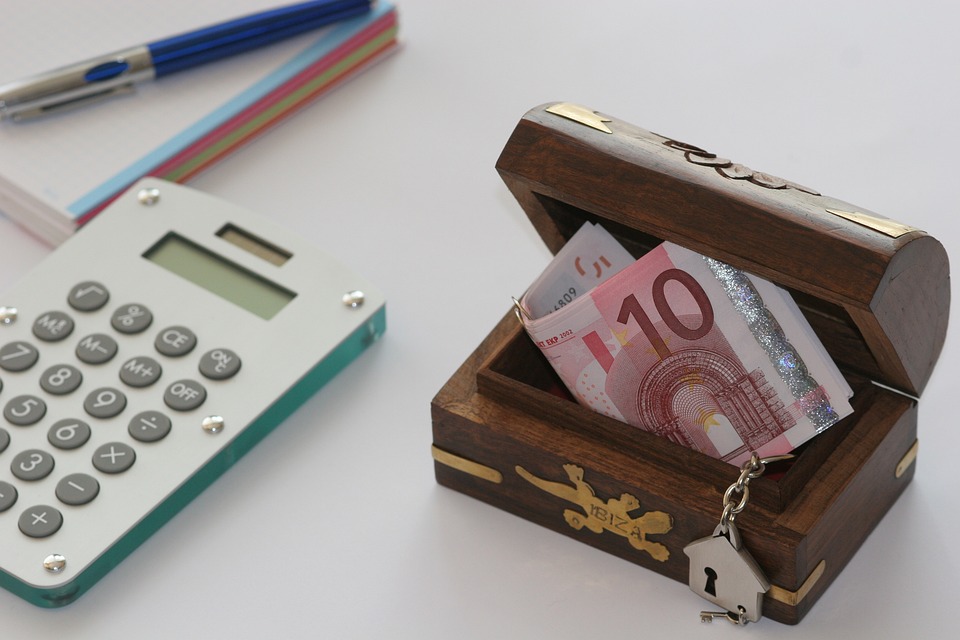Rituals of Connection: The Role of Ceremonies in Strengthening Community Bonds
In our fast-paced, technology-driven world, the value of personal connections is often overshadowed by the convenience of virtual interactions. Yet, as human beings, we crave connection—to each other, to our communities, and to the traditions that define us. One of the most powerful means of cultivating these connections is through rituals and ceremonies. They serve not only as a means of marking important life events but also as catalysts for fostering community bonds and enhancing collective identity.
The Essence of Rituals
Rituals are structured and meaningful actions often imbued with cultural or spiritual significance. They can take on various forms—celebrations, commemorations, or even daily practices—and serve as a means for individuals and communities to express shared values, beliefs, and histories. The psychological and social impacts of rituals are profound; they provide a sense of belonging, continuity, and security. In times of change or uncertainty, participation in familiar rituals offers participants a way to reconnect with their community and with their own identities.
Ceremonies as Community Connectors
-
Celebrating Milestones: Life events such as births, weddings, and deaths are crucial points in human experience, marking transitions that deserve recognition and reflection. Ceremonies that honor these milestones—such as christenings, bar and bat mitzvahs, and memorial services—bring people together, facilitating shared experiences and reinforcing relationships among family members, friends, and the broader community.
-
Cultural Traditions: Festivals and cultural ceremonies celebrate heritage and traditions, weaving together communal narratives. Events like Diwali, Eid, Thanksgiving, or indigenous powwows serve as platforms for cultural expression, showcasing food, music, art, and stories that solidify community identity. They promote intergenerational connection, sharing knowledge and traditions, enhancing the sense of belonging among community members.
-
Rites of Passage: These ceremonies mark significant transitions—such as adolescence, graduation, or retirement—allowing individuals to step from one phase of life into another with the support of their community. The communal recognition of these transitions reinforces social ties and validates the individual’s journey, strengthening the bonds among group members.
-
Collective Healing: In times of grief or crisis, communal rituals provide a crucial opportunity for collective mourning and healing. Ceremonies such as vigils, remembrance days, or community gatherings offer space for shared sorrow, allowing individuals to find solace in togetherness. This collective experience can foster resilience and support systems within communities, helping them navigate challenges more effectively.
- Environmental Stewardship: Some communities have established rituals related to the environment, emphasizing their connection to the land and each other. Planting trees, celebrating seasonal changes, or performing cleansing ceremonies at natural sites strengthen communal bonds while promoting a shared sense of responsibility for the environment. These rituals foster a deeper connection to place, enhancing ecological awareness and care.
Bridging Generations
Rituals encompass cultural heritage and serve as educational vehicles, passing down values from generation to generation. Elders play an essential role in this process, sharing wisdom and reinforcing ties with younger members. As families and communities engage in rituals, they create a living tapestry of stories, lessons, and experiences that shape identity. This sense of continuity is vital in maintaining a cohesive community fabric.
Conclusion
In an age characterized by individualism and digital connection, rituals and ceremonies emerge as pivotal mechanisms for cultural preservation and community building. They remind us of our shared humanity and the importance of interpersonal relationships. By investing in these practices, communities can create environments that nurture connection, belonging, and meaning.
Ultimately, as we gather to celebrate, remember, and acknowledge each other through rituals—big and small—we strengthen the very fabric of society, one ceremony at a time. Embracing and cultivating these connections not only enriches individual lives but fortifies the communal ties that bind us, ensuring that we rise together through the shared experiences of our collective journeys.


